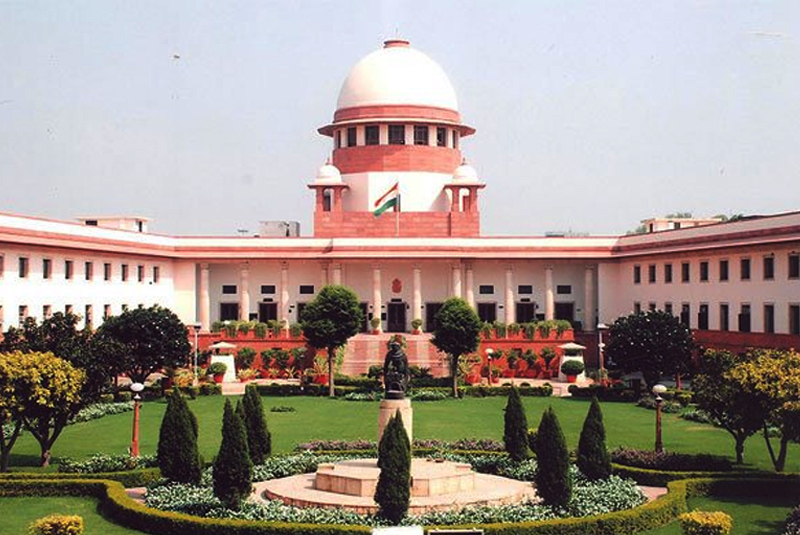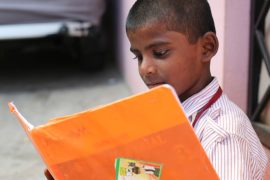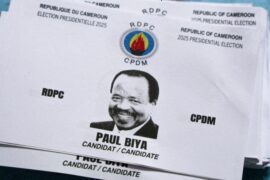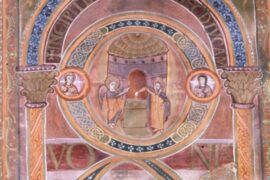In this article, I will clarify the numerous developments that have shaped the Economically Weaker Section quota in its present form. I will also summarise the key findings and arguments of my monograph, Affirmative Action for Economically Weaker Sections and Upper-Castes in Indian Constitutional Law Context, Judicial Discourse, and Critique.
The 103rd Constitutional Amendment: Overview
In 2019, the Indian Parliament passed the 103rd Constitutional Amendment Act, 2019, inserting articles 15(6) and 16(6) providing for a ten per cent reservation quota in public employment and educational institutions to newly devised Economically Weaker Sections (EWS) within the General Category or the existing non-beneficiaries of reservation policy, earlier extended in favour of SC/ST and OBCs groups. The quota is thus controversial as it excludes current reservation beneficiaries based on their group membership under sub-clauses (4) and (5) of the respective articles, creating two separate reservation classes—erstwhile beneficiaries and EWS within the unreserved category—within the constitutional scheme.
The EWS group identification is varied; the amended constitutional provision identifies at least a dual criterion of economic disadvantage—‘family income and other indicators of economic disadvantage.’ The central government, through its Office Memorandum, dated 17.01.2019, has provided for the EWS classification criteria based on two indicators—first, gross annual family income below Rs. 8.00 Lakhs and, second, family property ownership. Due to criticism of these dual criteria by the Supreme Court of India, which also raised questions on the constitutionality of the criteria, the government of India constituted Pandey Committee to review and revise the EWS identification criteria. And now, solely annual family income-based criterion is used to identify EWS beneficiaries on the logic that Rs.8.00 Lakhs income is based on the income tax limit.
-30-
Copyright©Madras Courier, All Rights Reserved. You may share using our article tools. Please don't cut articles from madrascourier.com and redistribute by email, post to the web, mobile phone or social media.Please send in your feed back and comments to [email protected]











